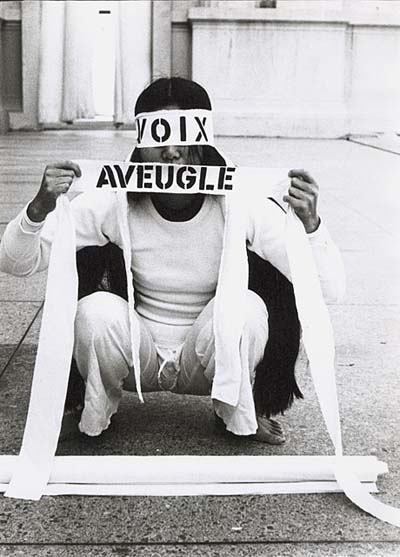
___________________________________________________________
Theresa Hak Kyung Cha, Aveugle Voix, Perfromance 1975
___________________________________________________________
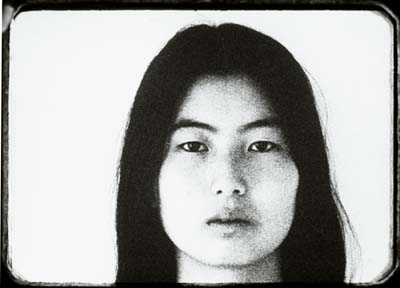
___________________________________________________________
Theresa Hak Kyung Cha, Permutations, 1976, videostill ___________________________________________________________
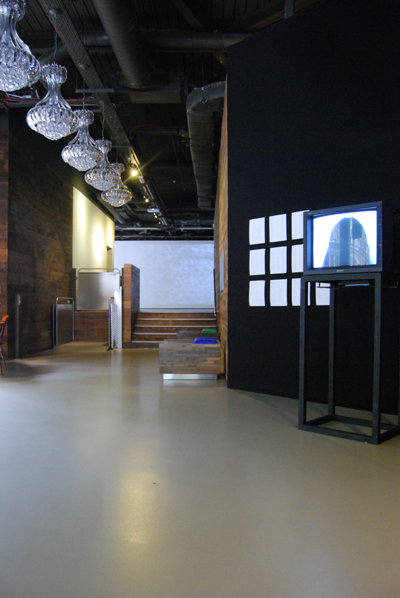
___________________________________________________________
Theresa Hak Kyung Cha ( 1951-82): a portrait in fragments, Installation Views, KCC London
___________________________________________________________ 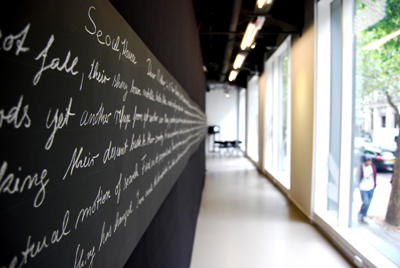
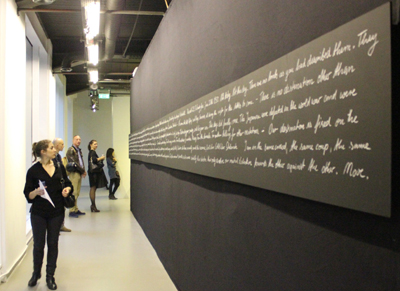
___________________________________________________________
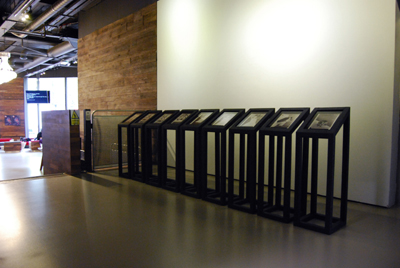
___________________________________________________________
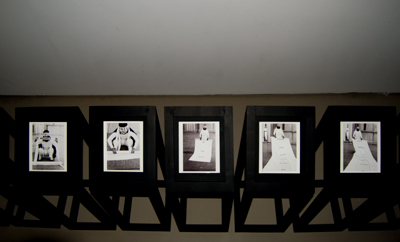
___________________________________________________________ 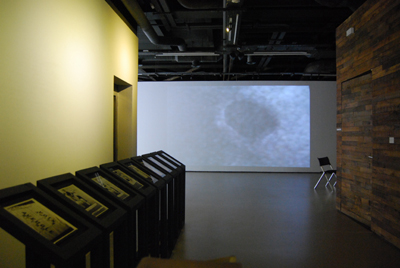
___________________________________________________________
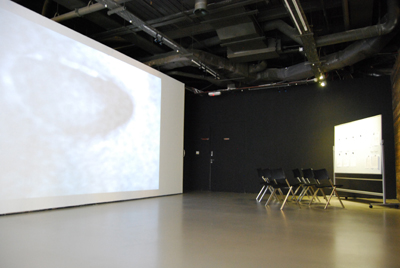
___________________________________________________________
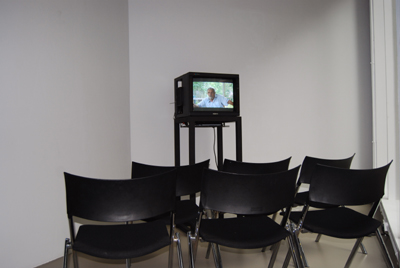
___________________________________________________________
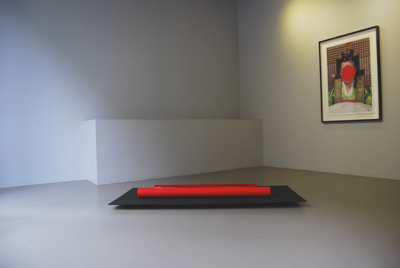
___________________________________________________________
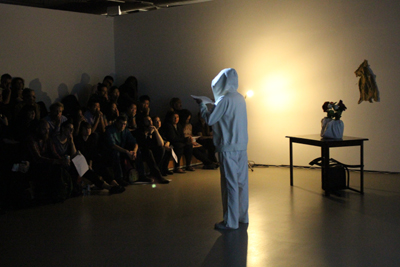
___________________________________________________________
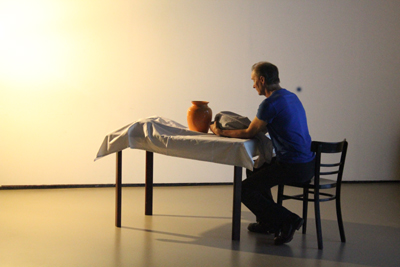
___________________________________________________________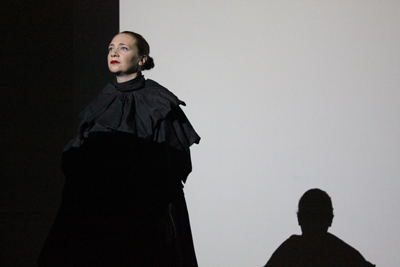
___________________________________________________________
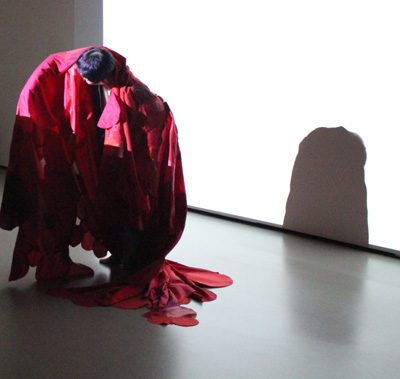
|
______________________________
'Theresa Hak Kyung Cha ( 1951-82): a portrait in fragments'
curated by Bea de Sousa at the KCC London
with workstations by Ruth Barker, Sujin Lee,
Jefford Horrigan and Bada Song
_____________________________
A Portrait in Fragments is an open-ended study of works and thoughts by the Korean- American multimedia artist Theresa Hak Kyung Cha, who studied and worked in Berkeley, California throughout the Nineteen Seventies and moved to New York in 1980. While she was based in California she created a number of innovative and experimental film pieces, multimedia performances and writings, including an acclaimed novel 'Dictee'. She later also co-edited a number of publications with New York based publisher Tanam Press, e.g. editing texts by Jenny Holzer and Jean Luc Godard. Theresa Hak Kyung Cha died in 1982, aged 31. In co-operation with the BAM / Pacific Film archive at Berkeley University a number of her structuralist film pieces, film scripts and synopses as well as thoughts from her notebooks, journals and photographic performance documents will here serve to present a fragmented image of the complex identity behind Theresa Cha's work. In addition contemporary artists Ruth Barker, Sujin Lee, Jefford Horrigan, and Bada Song contribute contemporary responses to the material of Theresa Cha. These 'workstations' are performance-based approaches offering reflections on various elements of Theresa Hak Kyung Cha's growing legacy.
Theresa Cha's body of works and notes was donated to BAM/PFA in 1992 by her family. Since then it has been meticulously archived, studied and in 2004/5 shown in full for the first time in a comprehensive and well documented survey exhibition 'The Dream of the Audience: Theresa Hak Kyung Cha (1951-1982)' curated by Lawrence Rinder at Berkeley. A current wave of interest in her work reaffirms the importance of the Korean-American artist as a significant figure in contemporary art and proves the enduring influence of her legacy. Any determinist effect arising from the institutionalisation of Theresa Hak Kyung Cha's archive however will always contrast with the unfinished and ephemeral nature of much of her work. This tension is, in part what this exhibition hopes to exploit.
Cha produced an astounding body of innovative works remarkable for their completion and coherence. Nonetheless, Theresa Cha's archive remains fragmentary in nature, which may be indicative of a productive urgency as well as the inevitable result of a premature death. Many questions, thoughts and works, although intrinsically linked, remain unfinished and open to interpretation. Posthumous exhibitions have attempted to allocate Cha a place within the feminist and post-colonial, as well as the post-structural film discourse .
At this time, when the fragmentary works and writings of Theresa Cha are seen as of increasing relevance - both to international art as well as to the understanding of a (Korean) conceptual language- ' A Portrait in Fragments' makes no such attempt to categorize Cha's work but posits instead an open-ended dialogue. The fact that the selection of original works here is temporarily limited by the BAM/ PFA archive' current change of location lead to further emphasis upon fragmentation as a means with which to craft a presentation of an interrupted and unfinished oeuvre. This approach enables us to focus on details of Cha's practice as supplementary to e.g. the comprehensive monographic exhibition 'The Dream of the Audience: Theresa Hak Kyung Cha (1951-1982)', Constance Lewallen, Lawrence R. Rinder, Trinh T. Minh-ha, 2001, which toured from Berkeley to the Generali Foundation in 2004 and the Fundacio Antoni Tapies, Barcelona 2005. '
A Portrait in Fragments' also looks further at her legacy and posthumous reception.
Cha's reliance on language in live performance and film pieces is emphasised here and becomes a catalyst for contemporary responses. The exhibition includes photographic records of Cha performing, facsimile film scripts and summaries, which speak of realised and unrealised intent and reveal the rare literary format of her film scripts. The construction of the exhibition - which centres around two live performance events with Ruth Barker, Jefford Horrigan and Bada Song - reflects Cha's emphasis on erasure and its reversal, what she once called ' the blood on the screen spilled white' as a recurring motif in her work.
|